We’re excited to introduce you to the always interesting and insightful Whitney Lyman. We hope you’ll enjoy our conversation with Whitney below.
Hi Whitney, thanks for joining us today. Learning the craft is often a unique journey from every creative – we’d love to hear about your journey and if knowing what you know now, you would have done anything differently to speed up the learning process.
I grew up with a very musical family, and I was always drawn to it. I was always singing and started making up songs since I was 6 years old and growing up poor in Idaho I tried to participate in as many music classes, choirs, and performing opportunities that I could. In High School I performed in competitive Jazz and A Capella choirs and Symphonic and Marching band playing aux percussion, vibraphone and marimba. At 18, I moved to Seattle to go to Cornish College of the Arts to study music further. I started in the Vocal Jazz department before realizing I could get a degree as a Composer/Performer! So I made the switch halfway through to focus on my own music which of course had a lot of influence from the years of Jazz, Classical, and World music studies.
After graduating with a Bachelor of Music, I made a splash in the illustrious Seattle music scene by performing in many different bands. I played banjo in a folk band, played keys, percussion and sang complex harmonies in an afro-choral-pop band that toured Europe, sang lead vocals and contributed orchestral arrangements in Seattle Rock Orchestra for tributes to the Beatles, T. Rex, David Bowie, ELO, and many more. I also collaborated with EDM artists too, such as singing with Grammy-nominated act Odesza on Jimmy Kimmel Live! and released my own electronic collaboration album. I learned so much from all the different teachers, musicians, and groups I performed with that inevitably influenced my own songwriting, which is why you’ll find a mix of all these genres in my own unique sound.
I could have sped up some of the learning process by not getting distracted by no-good relationships and wasting time trying to be cool, but you gotta learn life’s lessons too sometimes, haha. Just be yourself, and trust & value yourself. Also I could have sped it up by learning more about the business side of things earlier on, no one is going to just “discover” you nowadays, you really have to create your vision and go out and build it yourself.
The most essential skills were getting a very strong foundation on the basic building blocks of music such as scales, chords, theory, vocal techniques, etc that actually help a lot throughout a whole musical career, and also being able to practice and apply the skills by playing with so many groups and on my own as much as possible.
The obstacles that stood in the way of learning more were living in survival mode and having to stress about rent, bills, etc. by working mundane jobs when you have such a strong passion and ability to do music. Until I learned to turn that passion into a career. And I’m still learning every day, it’s a lifelong process.
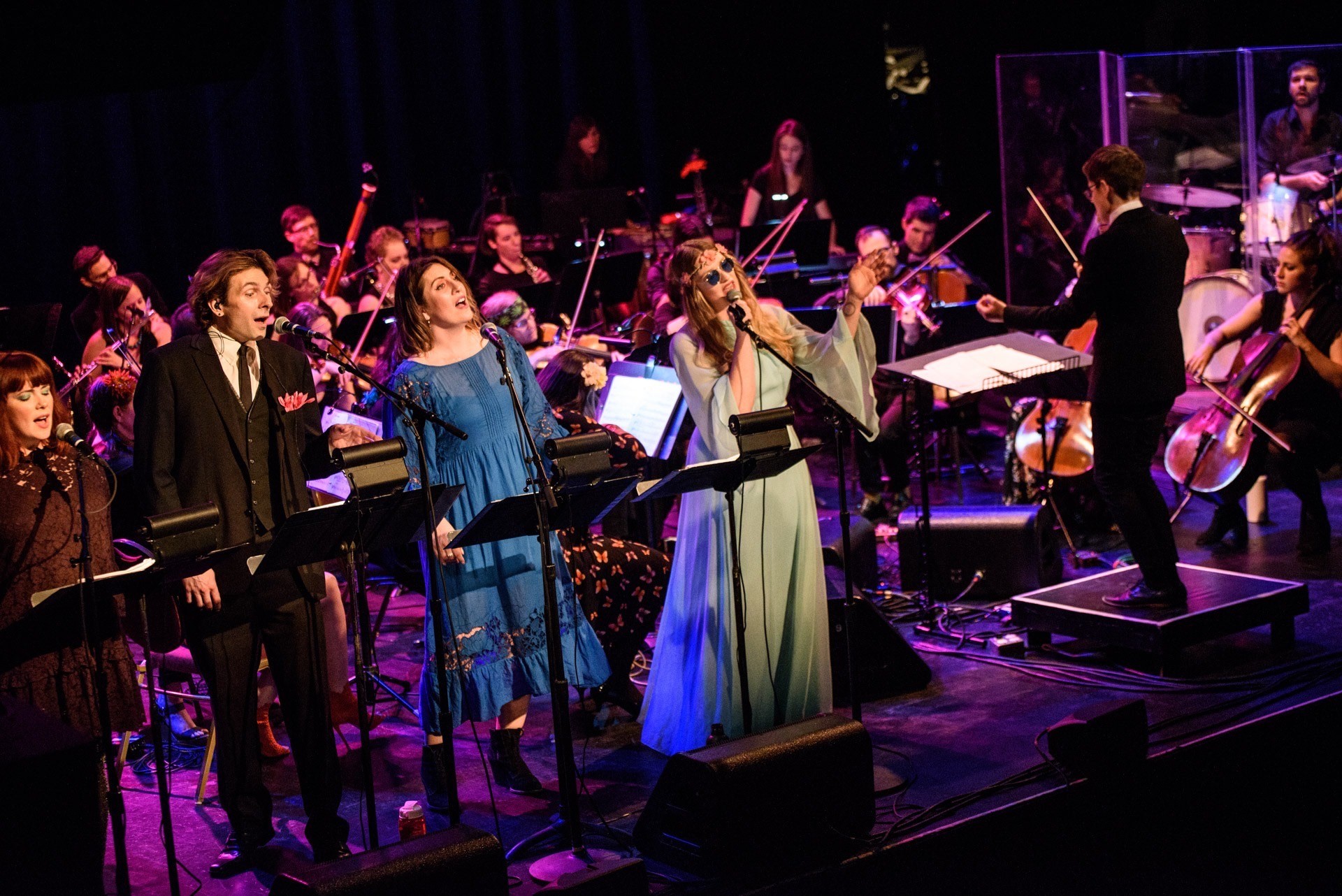
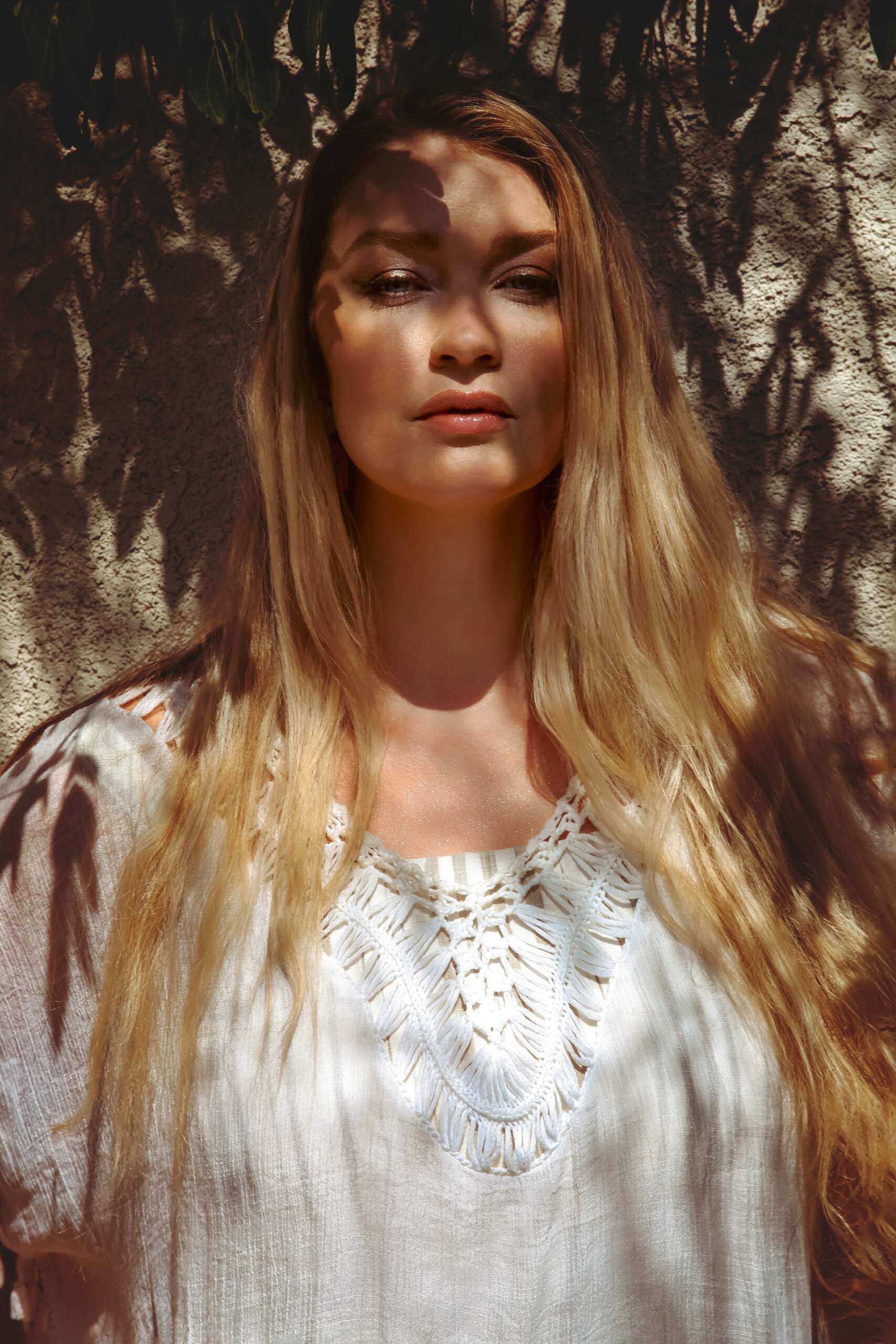
Whitney, before we move on to more of these sorts of questions, can you take some time to bring our readers up to speed on you and what you do?
My name is Whitney Lyman, I’m a singer-songwriter, recording artist, mulit-instrumentalist and composer who came out of the Seattle music scene, I grew up in Idaho in a musical family singing and making music as much as possible as a kid and went on to study music at Cornish College of the Arts in Seattle. There I became an up-and-coming artist by performing with many different bands and projects such as a lead vocalist and arranger for Seattle Rock Orchestra, singing with Grammy-nominated act Odesza on Jimmy Kimmel Live! and releasing music as a solo artist and collaborator. Some of my collaborators include Grammy-nominated composer and violinist Andrew Joslyn (Macklemore, Kesha, Judy Collins, Leslie Odom Jr., Kygo, ODESZA, K Flay, Tom Chaplin (Keane), Nancy Wilson (Heart), Duff McKagan (Guns N Roses), The Seattle Symphony, and many others) as well as co-writer Alan Roy Scott (Celine Dion, Ray Charles, Cyndi Lauper, Luther Vandross, Pattie Labelle, Roberta Flack, Cher, and many more!) I’m now based in California.
I write and perform songs and release them as an artist, and I also collaborate with co-writers for different projects such as sync licensing, songs for other artists, or doing orchestral arrangements and adding vocal harmonies. I can record versatile vocals for any project, such as a song written by Steve Porcaro of Toto I am currently working on. Or I can knockout a quick topline for a producer who has great tracks already. I could also compose the original score of a commercial, film or play. Of course I frequently perform live as well and can play solo with a keyboard or guitar, with a rockin’ band, or a full orchestra from private events to huge concerts and festivals.
I think what sets me apart from others is my versatility as a vocalist and my experience with so many different styles. Also my ability to tune in on the feeling or emotion of a song and create that world with the sounds of my voice or the composition itself. What I’m most proud of is my ability to adapt to anything that’s given to me, musically, and my problem solving abilities in general.
The main things I want people to know is I’m a compassionate, down-to-earth, authentic human who just wants to sing and make music that inspires and connects to people around the world. Which is why I’m very excited to be going to the UK this May 9-11th to perform at a music festival called FOCUS:Wales, and have the opportunity to reach a new world-wide audience with my music. I truly believe music is a powerful force that can change and heal the world, and I feel lucky to be able to be a part of that.
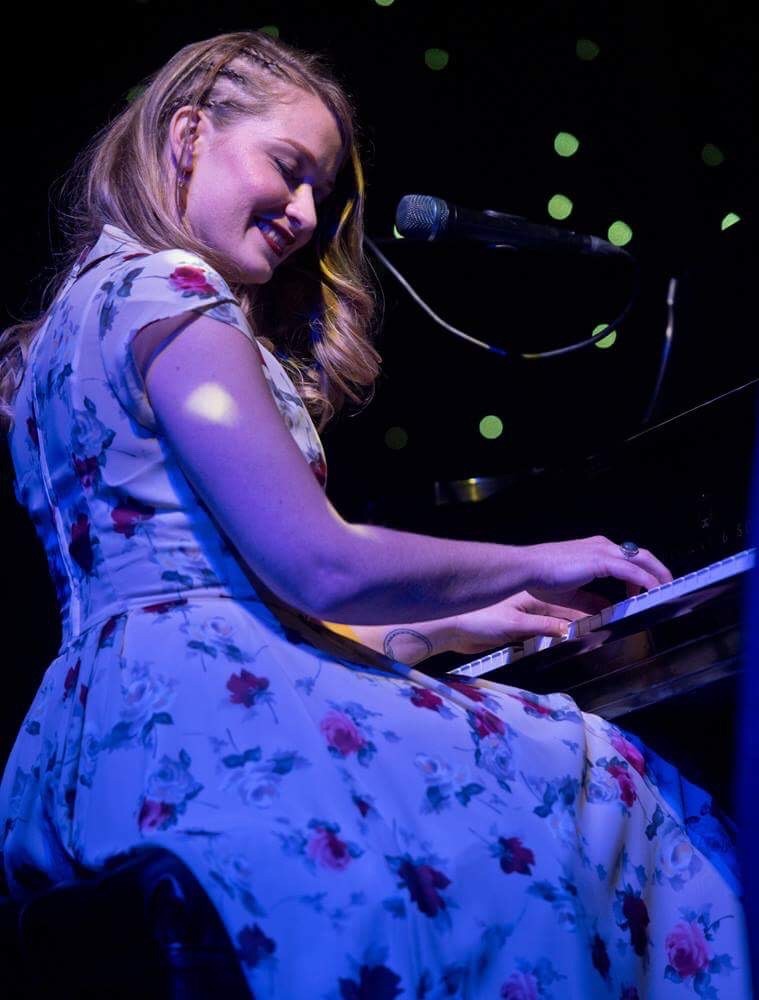
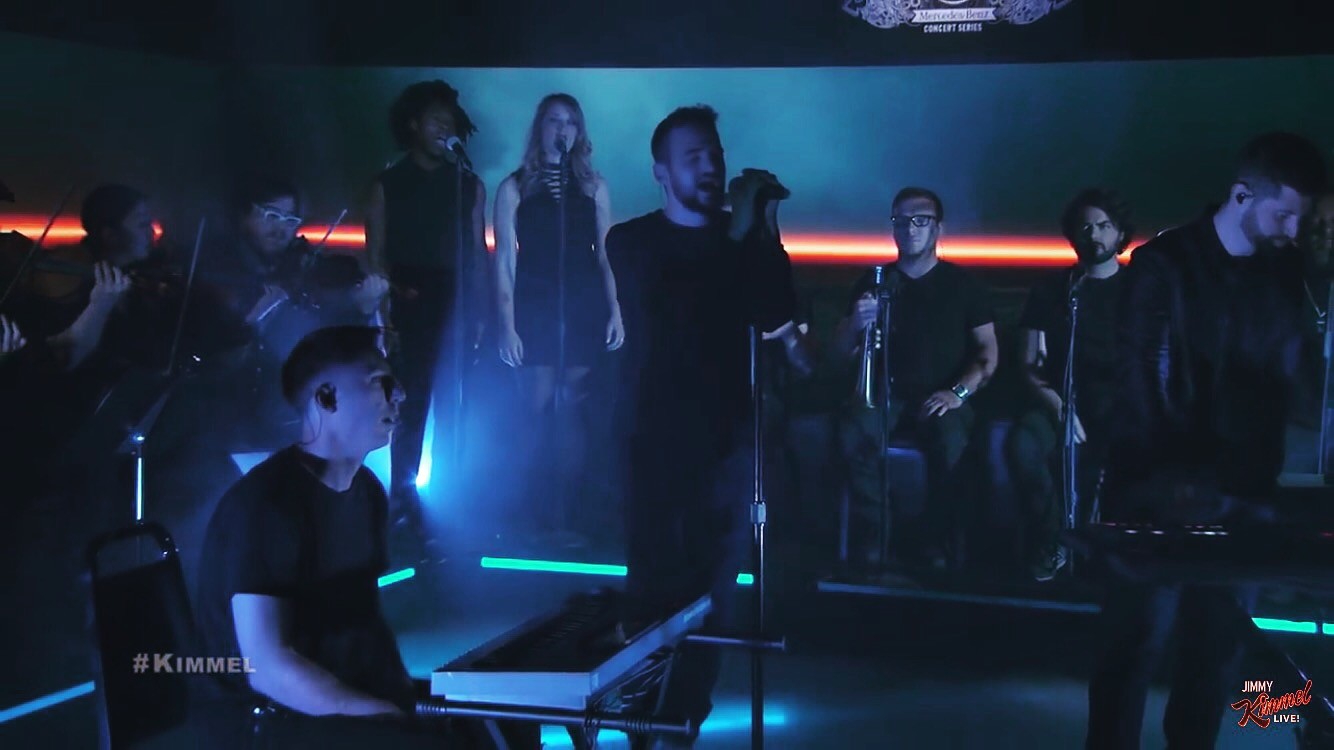
Have you ever had to pivot?
The major time I’ve had to pivot in my life and career was when I decided to leave Seattle, where I built up my career and made a name for almost 14 years, to move to Los Angeles. 2015 was my first time visiting LA when my brother was living in West Hollywood and I stayed for a month. I was definitely lured in by the magic that could happen there, but I was still working on my career in Seattle and it wasn’t until five years later in August of 2019 I finally (barely) had the finances, but the universe aligned to make my move down the west coast. It was a huge decision that I didn’t take lightly because it was difficult to leave my beautiful Seattle community, but I knew there were more opportunities for me and they were calling. I hit the ground running and in the first 6 months of living in LA I was already teaching at a music academy, finishing a sync licensing course, background acting in major film studios like Warner Brothers and Paramount, modeling on KTLA, recording my music with major producers, getting hired as a session musician, performing at The NAMM Show where I met my current manager, and starting to book more shows to get more involved in the local music scene, achieving all my dreams and goals I set out to do so quickly!
But then….The pandemic hit in March 2020 and everyone’s life pivoted in earth-shattering ways. For me it was a second major pivot! I was subletting with roommates and had to move quickly, so I found another sublet, til I found an apartment in Koreatown, thinking things would get back to normal soon. As it became clear that it wasn’t going to be normal I started looking for more room to breathe than that super noisy, cramped apartment in one of the densest LA neighborhoods. So after my first visit to Palm Springs, a light bulb went on. It was paradise, more space, less expensive, and a dreamy place to be inspired as an artist. I found a place where I could have a music studio (almost as big as my old studio apartment), and more space to be creative and work on my healing as well. It’s not exactly what I expected when I moved to LA after 5 years of planning and working up to it, but it turned out for the better because I am now making a living as a full-time musician and I’m working on my larger long-term goals.
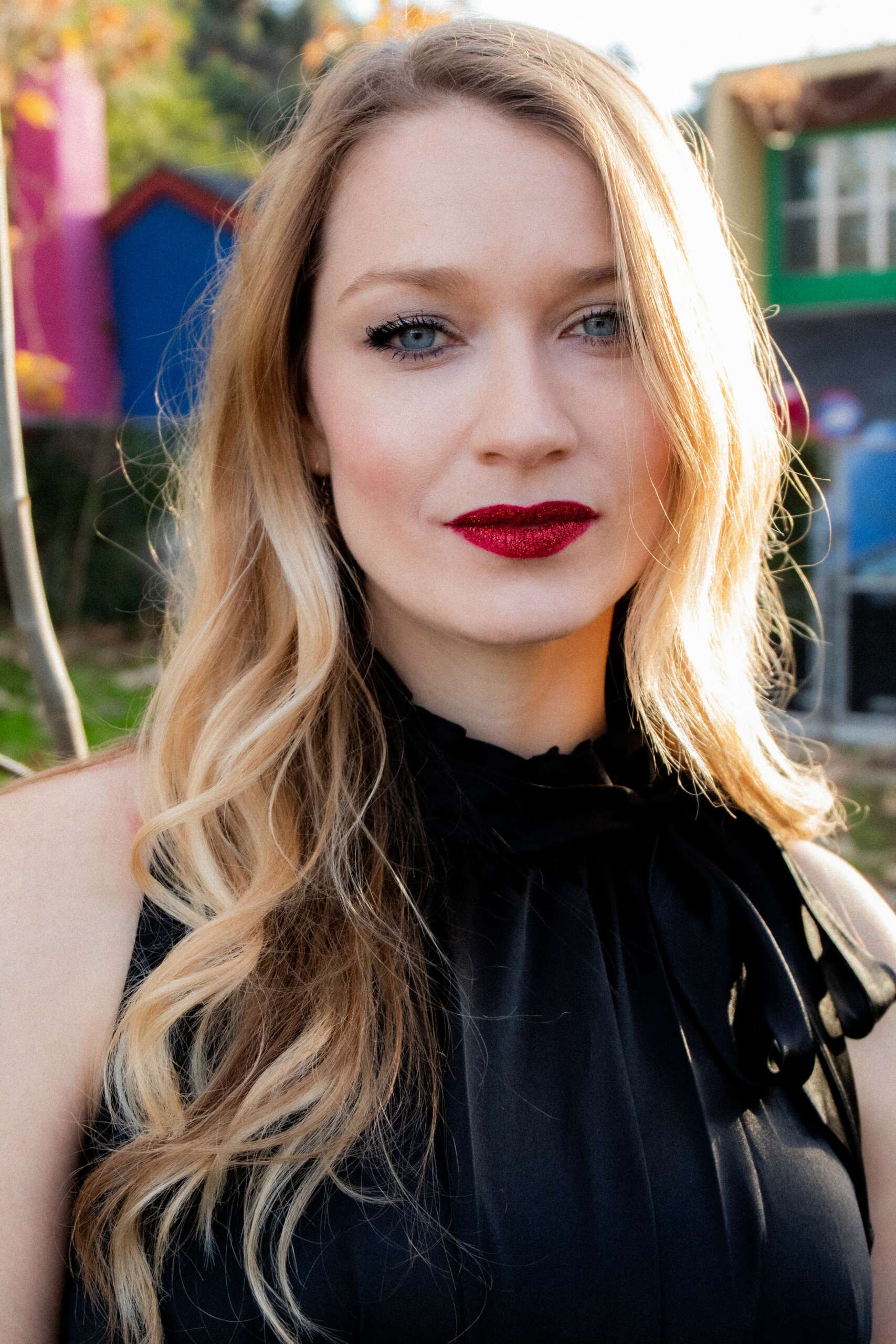
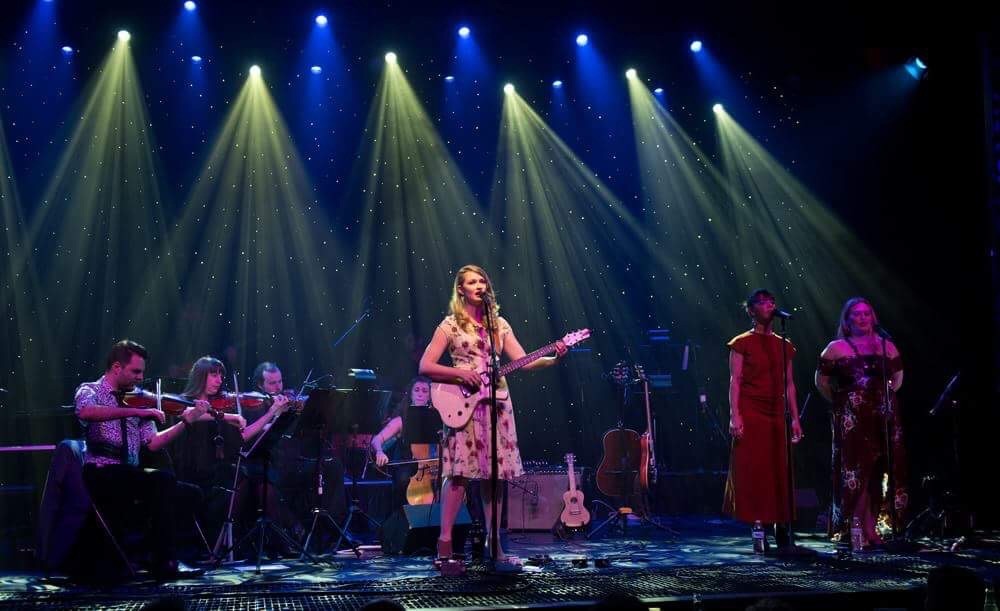
In your view, what can society to do to best support artists, creatives and a thriving creative ecosystem?
In my view, society can support artists and creatives by actually showing up for them. Buy an album directly from them in person or on their website, go to their shows if you are able to, purchase a piece of artwork to put in your home. That’s why I started getting involved in a few projects in the technology world that is aimed at helping independent artists and creatives. One project is called GoodTunes which is a new platform for artists and fans to buy and sell their music digitally, but with actual ownership of the digital goods. If you enjoy listening to an artist’s music, you can support them by buying their album online digitally rather than just streaming, and you can still listen to it with your favorite apps or in the GoodTunes app. The artist can make a lot more money than from streaming, which is fractions of a penny, and the fan can own music again rather than being at the mercy of a streaming service.
I also believe music & arts education is one of the most important contributing factors to fostering a creative ecosystem because it teaches people to appreciate the skill it takes to create something and do it well. When you have more of an understanding of something you can appreciate it more. Starting at the earliest age of babies and children well into adulthood, it should be part of our daily lives, because music already is. But the appreciation has receded because of the over-saturation of mediocre content, and the lack of education.
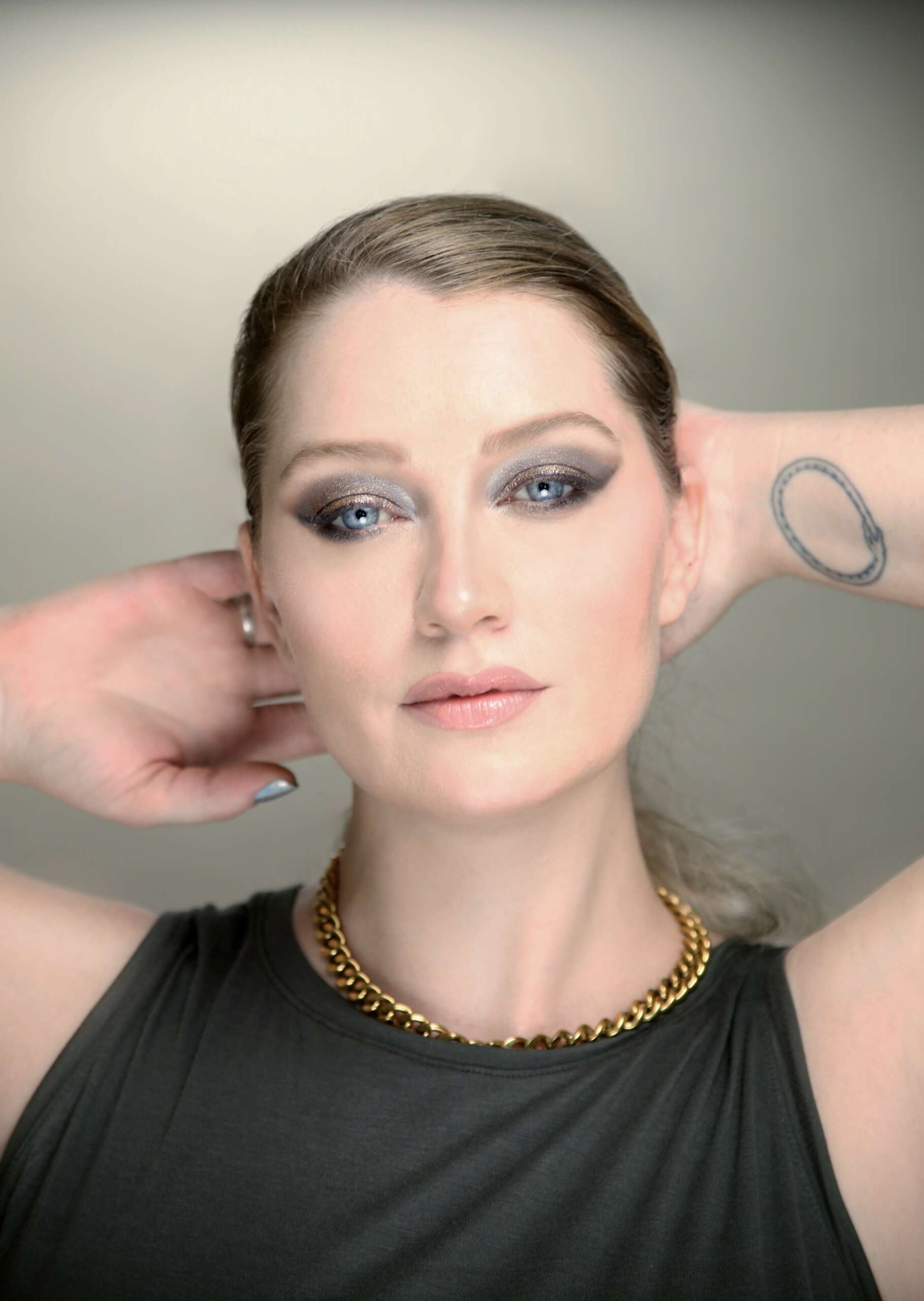

Contact Info:
- Website: https://www.whitneylyman.com
- Instagram: https://www.instagram.com/whitney_lyman/
- Facebook: https://www.facebook.com/WhitneyLymanMusic/
- Twitter: http://www.twitter.com/whitney_lyman
- Youtube: https://www.youtube.com/@whitney_lyman
- Other: https://www.goodtunesstore.com/whitneylyman
Image Credits
Jimmy Steinfeldt, Kirk Stauffer, Anca Coleasa,


